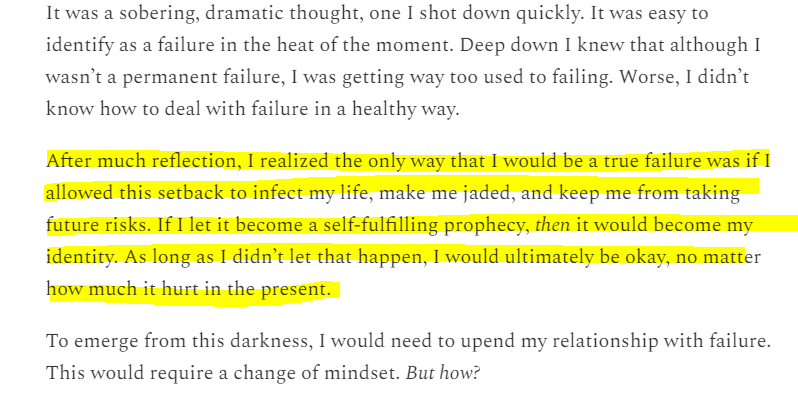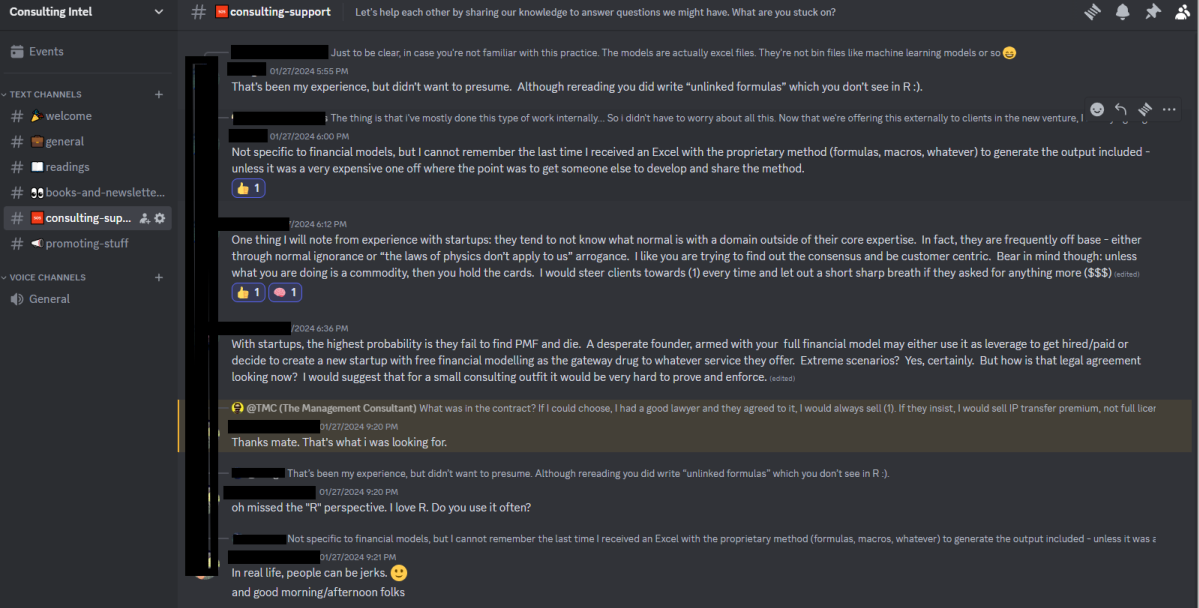
Global Consulting Series: African consulting industry
How does consulting as a sector assist in the growth of an indeed ‘developing’ continent?
Hello to the 1,648 subscribers who read Consulting Intel!
Recently, many of you contacted me asking for insights about consulting in different geographies.
When I was a young consultant, I decided to move to the UK, barely knowing English, worked in Iceland for a while during six months of dark winter, and crafted a reputation for myself during a demanding project in Hong Kong that propelled my career further in the USA and in Australia.
When you work in a diverse context with a range of people, you let go of your biases and learn how to navigate many situations successfully.
This also shapes you as a professional and a better human being.
I firmly believe in leaving your comfort zone early in your career to take on challenging and exciting projects that push you to a different level.
Africa as a continent has eluded me, at least professionally, so far, but apart from East Asia, it is one region where consulting as an industry is showing significant growth, with a wide variety of interesting work happening amid all the chaos and instability of the region.
The African consulting industry is valued at around $4.5Bn, making it a bigger market than European countries such as Italy ($4.3Bn) or Spain ($3.0Bn).
However, the biggest markets for consulting projects in the continent are concentrated in just a few countries, including South Africa, Nigeria, Morocco, and Egypt.
The rise of African multinational companies, the emergence of a strong African middle class, and the need for expertise focused on African issues, regulations, and local customs are some of the factors driving the growth of the African consulting market.
In several parts of the second-largest continent in the world, macroeconomic and geopolitical concerns have led large firms to strip their operations to only those deemed critical.
However, the formation of cross-country economic blocks and continent-wide initiatives such as AfCTFA (The African Continental Free Trade Area, a free liberalized economic area for trade enabling trade in the majority of Africa) gives consultants hope for more opportunities as foreign investments surge and supply chains are established closer to home.
Global firms such as McKinsey, Bain, Accenture, Deloitte, and PwC account for nearly 30% of the market share in the region, contrary to trends witnessed worldwide where global firms in a region make way for more local and specialized firms.
In recent years, several European firms have consulted national companies in Ghana and Kenya on water management and mining projects.
During my research on the topic, I read experiences from consultants who worked in the two largest industries in the area: Energy & Environment (mostly mining) and Financial Services (powered mainly through growth in telecommunications infrastructure). In the past few years, also health & life sciences as an industry and digital transformation as a capability have gained traction in South Africa, Morocco, and Ethiopia as retail banking and FMCG products become popular.
Local consulting firms specialize in strategy, HR, and operational consulting with tailored resources and analysis toward unique African problems.
South Africa has grown as an expat hub for consultants from the UK, USA, and Ireland, leading to a rise in entities focused on optimizing operations and sourcing talent for solving critical issues commonly labeled as ‘Only in Africa’. In fact, I personally know a few small/medium consulting companies headquartered in Europe that have expanded their operations in South Africa, and a few executives that have moved over there (at least temporarily) to set up the business and acquire local connections.
A popular observation by several consultants who worked in Africa is one of optimism.
They believe that countries such as Kenya, Nigeria, South Africa, Egypt, and Morocco are on the path to an exciting future, with regional and international firms forecasting an increase in revenue.
This optimism is also veiled with concerns from business professionals voicing an almost unanimous opinion about the lack of solid education for the wider population and weak national institutions being the major factors hindering Africa from reaching its full economic potential (discussions about years of colonialism, primary resource exploiting companies being west-owned, and the surge in influence of Russia and China in key areas are too heavy a topic for this newsletter.)
In 2024, fintech solutions for scaled transactions and integration of emerging technologies such as Generative AI and Internet of Things (IoT) for applications in agriculture and healthcare are gaining traction, with global firms being hired by African governments to ease the transition directly from non-existent digital capabilities to sophisticated technical infrastructure for the well-being of the masses.
Choosing Africa as the first region for this novel series, I wanted to bring focus to a different side of the continent, one beyond the famines, civil wars, or true-consultant stories I have heard about plane doors coming off mid-flight (happens in the so-called first world too btw, ever heard of Boeing?).
Several of you have asked for this, and I hope this was informative (I could have gone much deeper in the analysis, but finding the right balance between “details provided” and “length of this newsletter” is hard, so let me know what you think!)
Businesses, no matter how big or small, will always face problems that need to be solved, and risk-averse institutions will always call for consultants to help address those challenges, no matter whether there is civil unrest or not.
If I have gotten anything wrong above, please let me know.
I would love to start a discourse away from the usual suspects of consulting, including the US, UK, and Singapore when there are many adventures to be had around the world!
I would love it if any of the readers who have had experience working in African countries with African clients or colleagues shared their stories with me.
Where should the next edition of the Global Consulting Series on Consulting Intel should be focused on?
Reach out to me by e-mail, Discord, or X, or just comment below. I read all my emails and reply to every comment or DM.
✍ The Management Consultant
PS: If you like this newsletter, I have one huge favor to ask.
Share it around with friends, family and colleagues.
This is the most effective way to support me (…and to keep me motivated to continue writing 😁).
Thank you 👇👇👇
🎯 INTERESTING SH*T
A few things I found on the internet that you may like…
Have you ever heard of the Dreyfus model? This article by
explains it well. Read through this detailed summary:
This week, I somehow stumbled into the 2-part post “Failed, not a Failure” from
’s newsletter . It is beautiful. An extract:
🚨 SPONSORSHIP
Consulting Intel is read by more than 1,600 consultants globally.
The readers include management consultants from McKinsey, BCG, Bain, Deloitte, EY, EY-Parthenon, KPMG, PwC, Accenture, Oliver Wyman, PA Consulting, and various boutique consultancies worldwide.
Many corporate employees and independent consultants are regular readers of Consulting Intel.
If you think your products or services could resonate with this audience, get in touch!
👀 JOIN THE DISCORD SERVER
If you like this newsletter, you will love our Discord Server.
In there, you will find a tight-knit community of more than 90 management consultants from all over the world discussing real-life challenges, giving each other support and recommending the good stuff to keep our knowledge top notch.
















Thank you for the shout-out! 🙏